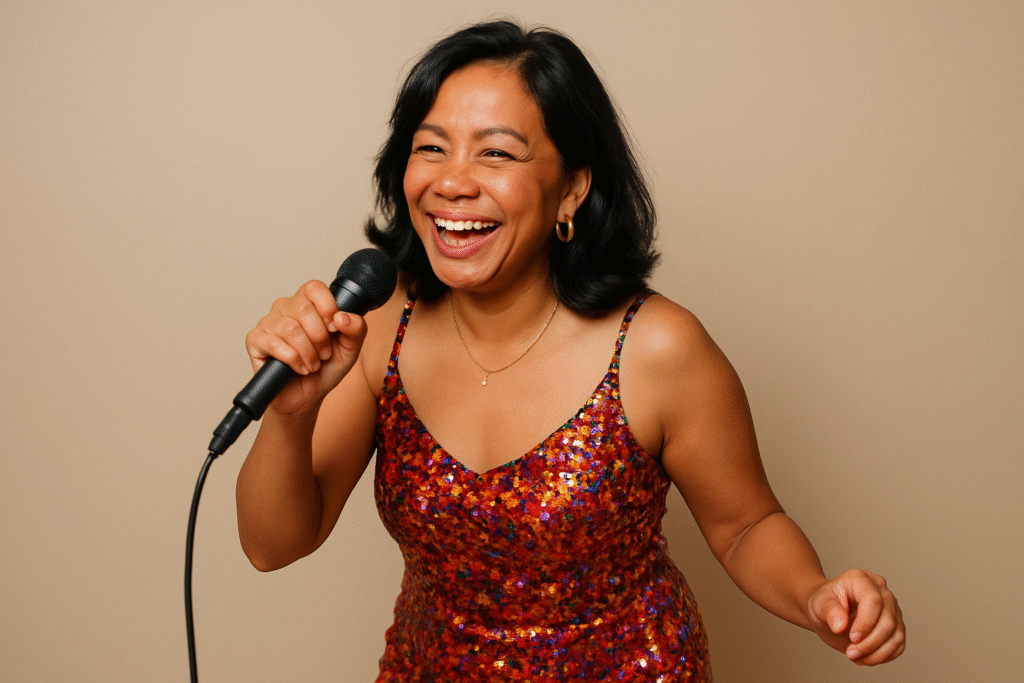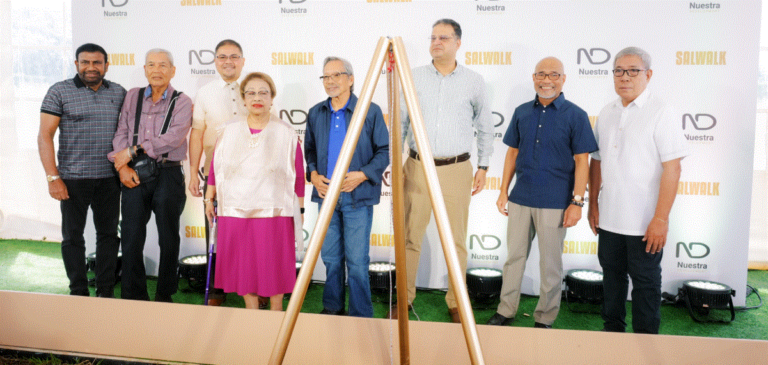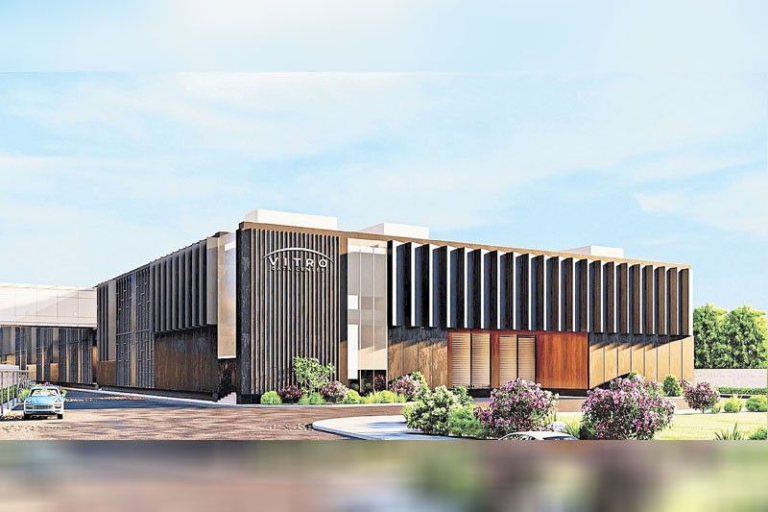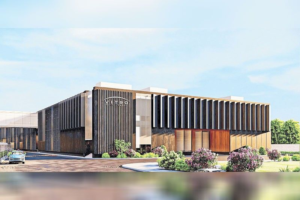Cavite, Philippines
A recent tragedy in Dasmariñas City has renewed calls for stricter noise control enforcement across Cavite. On October 17, 2025, a barangay captain in Barangay San Jose allegedly shot and killed his neighbor following a heated dispute over loud videoke singing. The altercation, which reportedly escalated after repeated noise complaints, has once again placed the spotlight on how unregulated sound can lead to violence and disrupt community peace.
https://www.facebook.com/reel/24801090226212397
In the neighboring city of General Trias, officials point to an existing local measure that aims to prevent such conflicts before they occur. City Ordinance No. 17-09, enacted by the Sangguniang Panlungsod in 2017, regulates the use of videoke and other sound-amplifying machines to minimize noise pollution and preserve public order. The ordinance recognizes the Filipino fondness for music and singing but also acknowledges the negative consequences of uncontrolled noise — from sleep deprivation and stress to neighborhood disputes and, in extreme cases, violence.
Regulation of Videoke and Sound-Amplifying Machines
Under City Ordinance No. 17-09, the operation of videoke or any sound-amplifying equipment that causes excessive, unnecessary, or unusually loud sound is prohibited, especially if it disturbs nearby residents. Usage is allowed only until 10:00 p.m. within acceptable volume levels unless a proper permit is obtained from the city or barangay.
The ordinance defines a videoke or karaoke system as any device designed to produce audio and video images and lyrics to allow a person to sing along. It also covers all types of amplifiers and loudspeakers that magnify human voices or music.

The measure emphasizes that daily or frequent use of videoke systems — particularly in residential areas, near hospitals, schools, and churches — is strictly regulated. Regular loud use in these zones can be deemed a public nuisance, a violation that may carry criminal liability under national civil and penal laws related to disturbance of public order and violation of community peace. The local government warns that continuous disregard for such restrictions may subject individuals or establishments to both administrative and legal sanctions.
Permit Requirements and Business Compliance
Businesses operating in proximity to residential, school, church, and hospital zones are required to secure the necessary permits before operating any sound-amplifying device. This includes bars, videoke lounges, event venues, and other entertainment establishments. The ordinance allows operations beyond 10:00 p.m. only if the facility is soundproofed or has obtained a special permit from the Sangguniang Barangay or the Homeowners’ Association.
For social events such as birthdays, fiestas, and pageants, the law allows an extension until 2:00 a.m., provided the organizers secure local clearance. Wakes with videoke are permitted until midnight. Establishments with verified soundproofing, such as videoke bars or restaurants, may operate 24 hours under compliance inspection.
Failure to adhere to these rules carries escalating penalties: confiscation of the machine and a ₱3,000 fine for the first offense, ₱4,000 for the second, and ₱5,000 with possible cancellation of business permits on the third offense. The penalties apply equally to private individuals and business operators.
Protecting Health, Peace, and Public Welfare
The ordinance draws its foundation from the Philippine Constitution, particularly Article II, Sections 5 and 15, which uphold the protection of life, liberty, and the general welfare, as well as the right to health. Noise pollution, according to the ordinance, is any exposure to sound levels that are annoying, stressful, or damaging to hearing, health, and overall well-being. Prolonged noise exposure interferes with sleep, disrupts productivity, and undermines social harmony.
City officials emphasize that regulating sound is not about limiting enjoyment but about upholding responsible celebration. As one General Trias councilor explained when the ordinance was passed, “Our aim is to allow people to celebrate while ensuring that others can rest. The right to enjoyment must go hand in hand with the right to peace and quiet.”
Lessons from a Tragic Incident
The fatal shooting in Dasmariñas stands as a grim reminder of how minor disputes over noise can spiral out of control when mutual respect is absent. Authorities in General Trias believe that clear local rules — when understood and followed — can prevent such incidents. Proper enforcement and community awareness are key to balancing leisure with law and order.
Beyond local ordinances, national laws such as the Civil Code of the Philippines (Article 682 and 694) and the Revised Penal Code (Articles 155 and 287) also penalize acts that cause public disturbance or constitute public nuisance. Thus, individuals or establishments repeatedly causing excessive noise may face not only administrative penalties but also potential criminal charges.
Towards a More Peaceful Community
With the continued urban growth of General Trias and its neighboring cities, the need for balance between progress and peace becomes more urgent. The City Government encourages all residents and business owners to act responsibly and observe noise control measures. Simple courtesy — turning down the volume, observing curfew hours, and obtaining permits — can go a long way toward preserving the tranquility of neighborhoods.
As communities mourn the loss in Dasmariñas, the hope is that stronger compliance and public cooperation in General Trias can prevent similar tragedies. The city’s videoke ordinance stands not just as a legal instrument but as a reminder that respect for others’ rest and safety is a cornerstone of a truly harmonious and caring society.





Leave a Comment